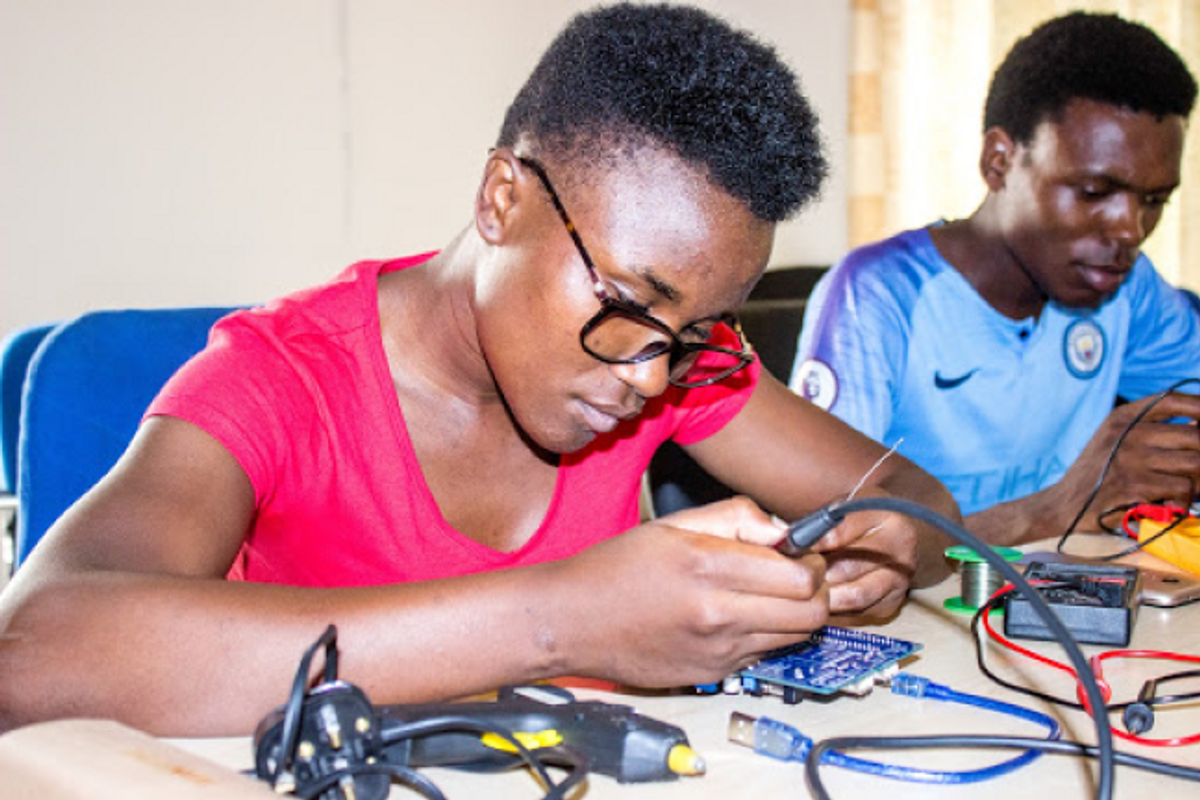Impact insights

We take a closer look at the environmental and social impact that some of the startups on SeedTribe are having.
Measuring impact is, as previously discussed, a complex task with no one-size-fits all framework. It is, however, an extremely important and useful way to track what type of an impact a company is having. This post looks beyond measurement frameworks and instead uncovers the stories and stats behind a few of the impact startups on SeedTribe.
First up is The Local Electricity Project. They are a startup tackling the gap in access to electricity by teaching young people in Africa how to generate electricity. Through their programme, students develop skills in electronics, programming and energy systems design, giving them the ability to design, build, and repair a household electricity supply. Since launching, they have received over 300 applications to join the programme and trained more than 40 students to design, build and maintain a household electricity supply.
One student who has gone through their programme is Tiza, an engineering student with a passion for renewable energy. She has used the skills gained through the programme to develop her idea of using wind turbines to power phone-charging stations at bus stops.
The next company is Loopster who are challenging the throw away fashion culture by making it easier for people to buy second hand children’s clothing. They have so far sold on over 7000 items of children’s clothing. To put this in context, extending the life of any one of these items of clothing by 9 months reduces its carbon and water footprint by 20-30%.
Loopster also has a solution for the clothes that they receive but can’t sell - they donate them to the fashion reuse charity Traid which prevents them from being sent to landfill. They have already donated 2/3rds of a tonne of clothing to Triad, reducing its carbon emissions by 6.4 tonnes and creating a water saving of 1080m³.
The final company is Biohm who are transforming the construction industry and creating a more sustainable environment through the circular economy. They have developed bio-based materials, which combine mycelium and organic waste, to make durable building materials.
Creating positive social, economic and environmental effects is central to Biohm’s business operation. On the environmental front, their first facility (opening March 2020) at a target production capacity of 3,000 sqm per month of mycelium insulation, will divert up to 26 tonnes of materials from landfill and sequester 5 tonnes of carbon every month. Biohm also locate their facilities in communities where they will create a positive impact on the local economy: their first facility will create between 10 - 17 jobs by the end of 2020. They also form partnerships with local social enterprises and direct an equitable portion of profits generated by each facility to community projects.
Bringing to life the impact that these startups are having from both an environmental and social perspective, hopefully shows that, despite the huge and somewhat daunting challenge of achieving the SDGs by 2030, there is still much cause for optimism and celebration.
Find out about other profit-with-purpose startups in the SeedTribe network.